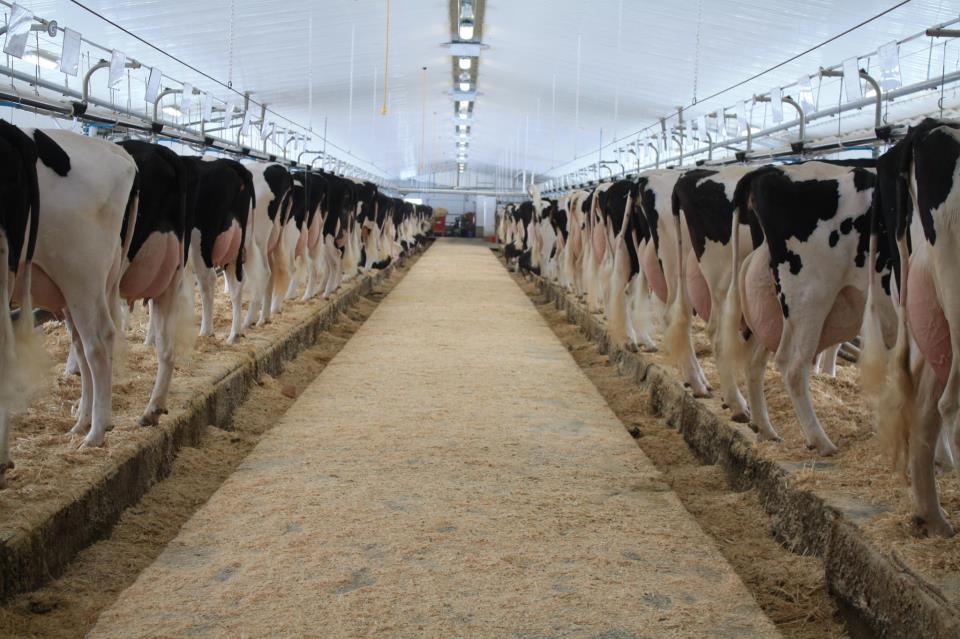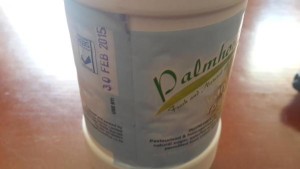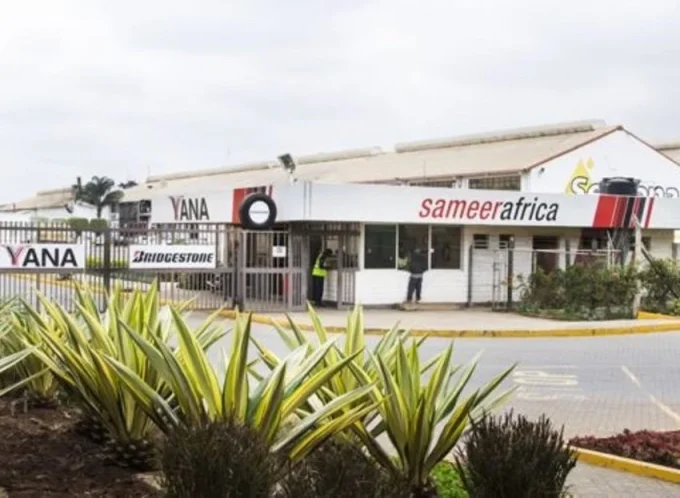Two decades ago Eric Kimani saw an opportunity in Kenya’s dairy sector, at that stage dominated by the state-owned monopoly Kenya Co-operative Creameries (KCC).
He says KCC was struggling to meet demand and there’d always be shortages. So despite having a good job, with perks such as a company car, the trained accountant and his wife Margaret began “hawking milk” in their spare time.
Kimani and his family were then living in Githunguri, an agricultural town about an hour from Nairobi, where they kept some dairy cows.
They had to commute daily to Nairobi for work, so they’d transport milk in the trunk of the company car to sell in Nairobi.
“It was a very lucrative business. This house (a mansion in one of Nairobi’s upscale suburbs) was bought by money I made hawking milk. We hawked milk seriously for three years until we started buying milk from other farmers.
“In the mornings our garage was a busy place – just packing milk into small cans. It has been a very good business for us.”
In 1996 the couple set up micro dairy processing company Palmhouse Dairies and expanded their product portfolio to include pasteurised fresh milk, yogurts and cultured products (locally known as mala), in anticipation of a change in consumer tastes.
“About 15 years ago if you gave a Kenyan yogurt, most of them would throw up. But if you looked ahead, you could see one day Kenyans would have the income and the taste to enjoy yogurt. At that time, if you asked anyone to buy processed milk they would tell you: ‘I can drink straight from the cow’.
“Looking into the future and trying to predict it is important. For us seeing KCC was unable to sustain supplying the market was a huge opportunity that we have capitalised on,” he explains.

While running his dairy business, Kimani continued working in the corporate world. Eight years ago, at age 40, he eventually ‘retired’ from his last position as CEO of tyre company Sameer Africa.
Since then he has focused on managing his business interests (which also include real estate and a primary school), philanthropy and motivational speaking. In 2011, he authored a book titled Wisdom for Abundant Living.
More opportunities
Today Kenya’s dairy industry is very different from what it was in the 1980s. After the market was liberalised in 1992, a few private players were established, but today the number of companies have risen dramatically. Walk into the dairy section of any supermarket and you will be bombarded with different brands of processed milk products.
Although there are a few big players, Kimani says there is opportunity for smaller dairies to compete – but one has to pay close attention to the details.
“I am fortunate because I have run big businesses, I know the intricacies of running a company. I have seen people set up dairies with no idea of the numbers. They think they are making money but after a few months they close down. By the 7th of every month I know all the numbers of what happened last month. I am able to quickly take corrective action where there is a problem,” he says.

Palmhouse Dairies sells most of its products to companies and institutions such as coffee chain Java House, Windsor Golf and Country Club, Muthaiga Country Club, and the Nairobi Serena Hotel, to name a few.
“I have been supplying Nairobi Hospital for the last 20 years, for example. What competitive advantage do I have over the big dairies? One is I offer a personalised service. We do 10,000 litres per day which means our product is always fresh because we don’t need to store it for days. It is possible for the milk I collect from farmers today to be at a patient’s hospital bed tomorrow. That is very unlikely for a bigger dairy,” he explains.
Kimani made a deliberate decision to only sell value-added products, such a yogurts and mala, through conventional retail outlets. He says pasteurised fresh milk had been a tough sell in supermarkets and small shops.
“Supermarkets require very high levels of credit. You have to finance them. It is also very competitive. That is why we decided to do a niche market and specialise on the five-star customer who wants personalised high level service and high level products. I don’t have the capacity to go to one shop to deliver 50 packets and then 200 packets. I want to do 500 packets or 1,000 litres – that way my distribution cost is very low.
“One time we decided to compete in the market with the big boys selling fresh milk to the mass market. We have never burnt our fingers that badly. “
It’s a volume business and it is very complicated. We would sell to wholesalers, some of whom would cheat and run away with the money. We also lost quite large amounts with distributors. That was a big mistake – for a couple of months we really suffered.”
Big, but not too big
Kimani has just acquired new machinery to grow the dairy business. But his focus is not to become Kenya’s biggest dairy player.
“I would like to make more money with the same effort and the same infrastructure… My idea is to grow the profitability – by deriving more value from the work we already do,” he says.
“I spend 50% of my time making money and 50% of my time in philanthropy. I am happy with that balance. I don’t want to upset that balance.” (HOWWEMADEITINAFRICA.COM)












Leave a comment